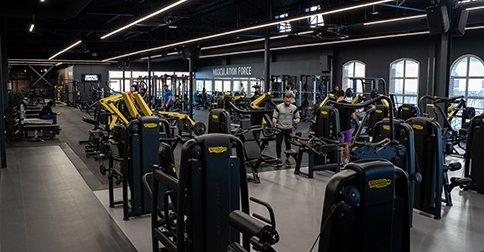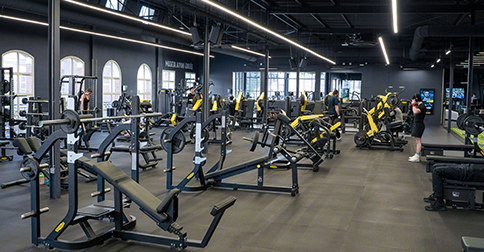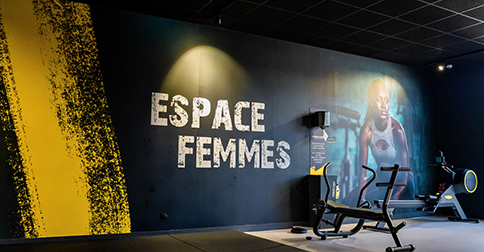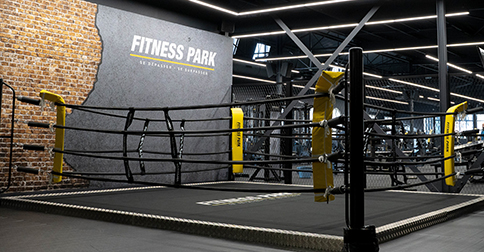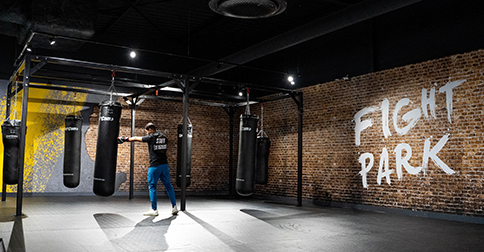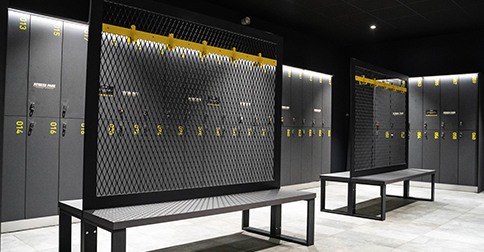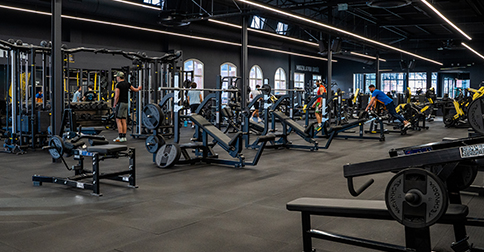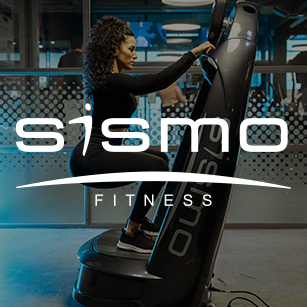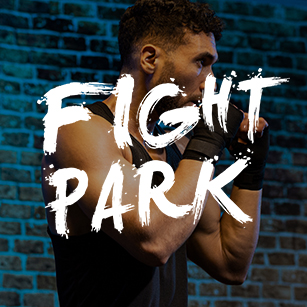Découvre le club Fitness Park Roubaix situé en plein cœur du Mc Arthur Glen à proximité de la station de métro Eurotéléport. Réparti sur plus de 2000m², le club t’offre un large choix d’activités et d’équipements Technogym pour t’entraîner à la perfection. Que ton objectif soit de te muscler, mincir ou te remettre en forme, Fitness Park t’accompagne dans ta réussite personnelle. INFORMATIONS PRATIQUES SERVICES DU CLUB LES POINTS FORTS *En supplément Le club de sport Fitness Park Roubaix t’accueille sur 2000m² d’espace de pratique : musculation, cardio, cross-training, espace femme et biking. Plus de 120 machines et équipements Technogym, disponibles en libre accès 7J/7 - de 6h à 23h. Retrouve des coachs sportifs disponibles pour tous tes entraînements. Retrouve un espace de 511m² pour tes séances d’entraînement. Des exercices de base aux plus complexes, la salle est équipée de machines de musculation dernière génération Technogym et Hammer Strength pour maximiser tes performances lors de tes séances. Nos machines te permettent d’évoluer facilement pour atteindre tes objectifs. Progresse avec une préparation physique adaptée à tes objectifs, dans un espace conçu parfaitement pour tes entraînements. Retrouve des équipements de musculation à charges libres performants pour développer ta masse musculaire. Travaille l’ensemble du corps et améliore ta condition physique générale dans l’espace dédié aux entraînements cardio-training. Entraîne-toi pour te remettre en forme, dépenser un maximum de calories, perdre du poids et développer ton endurance. Nous mettons à disposition les meilleurs équipements de fitness et de cardio Technogym pour atteindre tous tes objectifs fitness : rameurs, vélos elliptiques, simulateurs d’escaliers ou encore tapis de course. Que tu sois à la recherche d’une meilleure forme physique ou d’une silhouette affinée, le cardio-training est la discipline à privilégier. Elle permet de tonifier les muscles et d’augmenter la résistance à l’effort. Travaille ton cardio, tes cuisses, ton endurance, ta souplesse ou encore tes abdos grâce aux cours collectifs vidéos accessibles en libre-service sur écran géant. Varie tes trainings et progresse à ton rythme grâce à une gamme de cours collectifs diversifiées. Avec ton pass Fitness Park, tu peux accéder en illimité à tous les cours. Enchaîne pull-up, push-up et dead-lift à force de détermination et d'abnégation. Le club met à disposition et en libre accès, un espace pensé pour pratiquer le cross-training en illimité. Retrouve barres de traction, kettlebells, rack à squat, TRX, box jump, wall-balls et powerbag pour des séances de cross-training intenses et variées. Mélangeant musculation, haltérophilie et mouvement de gymnastique, le cross-training ne t’offre pas moins de 50 exercices différents pour brûler des calories et développer tes muscles. C’est la discipline par excellence pour une préparation musculaire et cardio à haute intensité. Quel que soit ton niveau, le cross-training est accessible à tous. Adapte tes séances d'entraînement selon tes objectifs. Accessible à tous, cette discipline en vogue te permet d'améliorer ta condition physique et tes performances rapidement. Cet entraînement RPM de haute intensité est rythmé par une ambiance sonore qui t’accompagne pendant l’effort, idéal pour te motiver. Dépense calorique et dépassement de soi garantie : le biking est conçu pour brûler un maximum de graisses en un temps record : 600 calories/45 minutes. Défoule-toi et renforce tes capacités cardio-vasculaires au rythme de la musique. Pour un entraînement adapté, efficace et sans complexe, Fitness Park Roubaix met à disposition un espace 100% réservé aux femmes. Conçu pour reprendre le sport ou entretenir son corps dans un cadre plus intimiste, l’espace femme dispose de nombreuses machines cardio, une salle pour les abdos, le yoga, le pilate ou encore le renforcement musculaire. Nous proposons dans tous les clubs Fitness Park un espace Musculation, Cardio & Cross-Training afin que tu puisses venir t'entraîner dans les meilleurs conditions. Fitness Park te propose plusieurs offres au choix dès 19€/ 4 semaines* : Avec ou Sans Engagement avec l'offre classique, Access + et Ultimate et l'offre Jeunes. Découvre-les ! Un espace Fight Park pour pratiquer tous les sports de combat est disponible. Tu peux t'y entraîner de 6h à 23h ! Grâce à ton Pass Ilimité tu peux t'entraîner dans tous les clubs de France, Portugal et DOM-TOM ! Découvre nos 250 clubsSALLE DE SPORT Roubaix
Musculation, Cours-Collectifs, Cross-Training, Biking & Cardio-Training
06:00 - 23:00
08:00 - 21:00
Fitness Park Roubaix
Club de sport, fitness & remise en forme
Parking gratuit
Climatisation
Casier de recharge téléphonique
Douche individuelle
Produit désinfectant
Wifi gratuit
Distributeur automatique
Musculation
Cardio training
Biking
Espace Abdos Stretching
Cours vidéo
Cross training
Coaching particulier*
Fight Park*
Inbody*
Espace femme
Espace détente
Station d'hydratation Yanga*
Plateforme Oscillante Sismo*
Equipements haut de gamme
Service de qualité
Libre accès dans tout le réseau
Services et expérience Ultimate
ACTIVITÉS
Espace Musculation
Conçu pour développer ta force
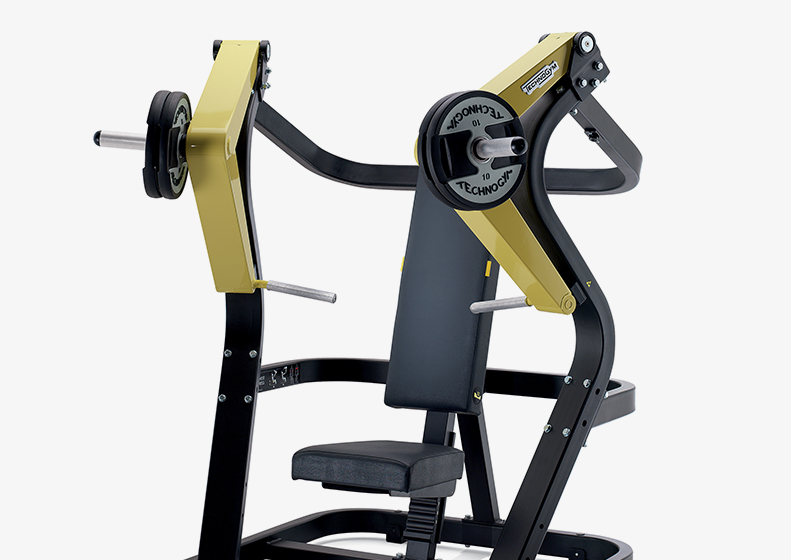
Espace cardio-training
Idéal pour te remettre en forme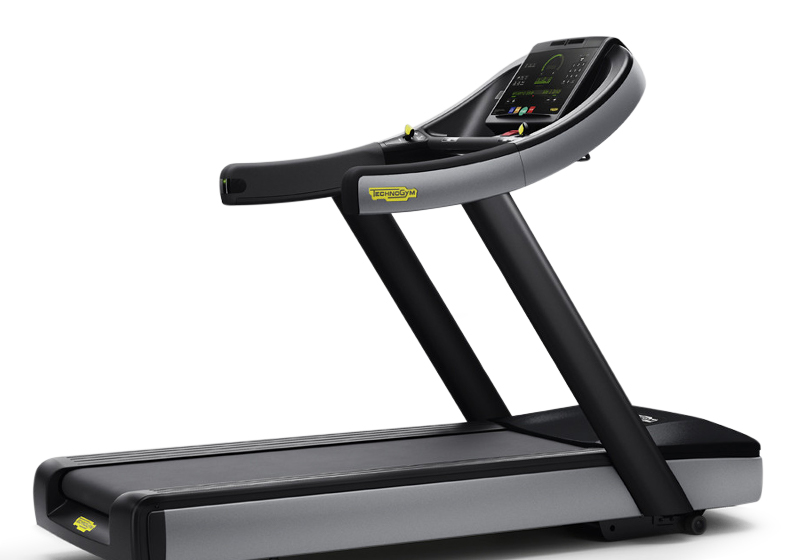
Espace Cours Collectifs
Plus de 160 cours disponibles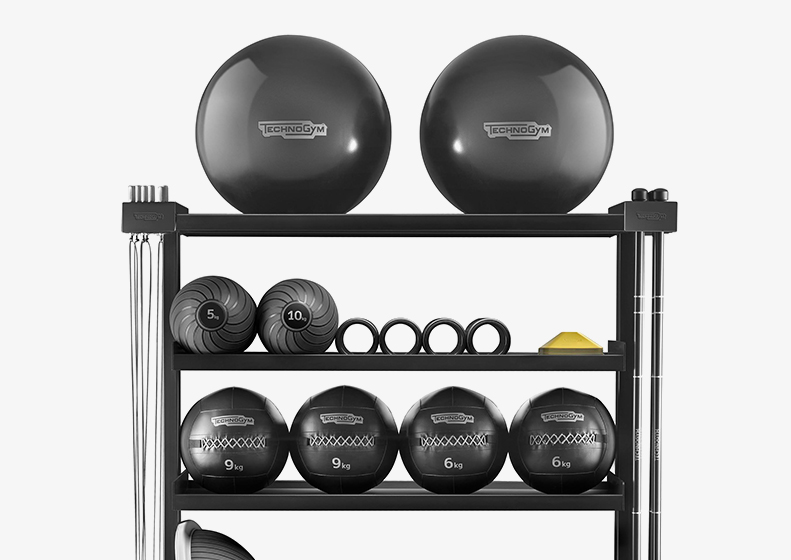
Espace Cross-Training
Repousse tes limites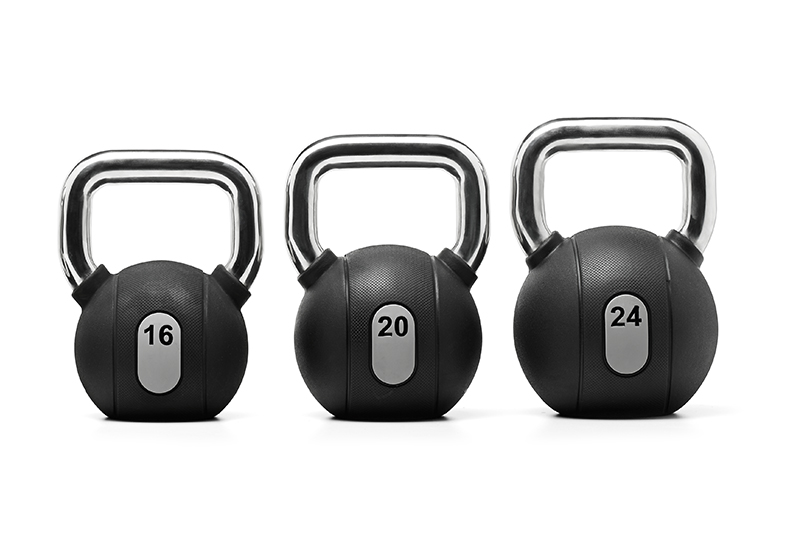
Espace Biking
Haute intensité assurée
Espace Femmes
Se dépasser autrement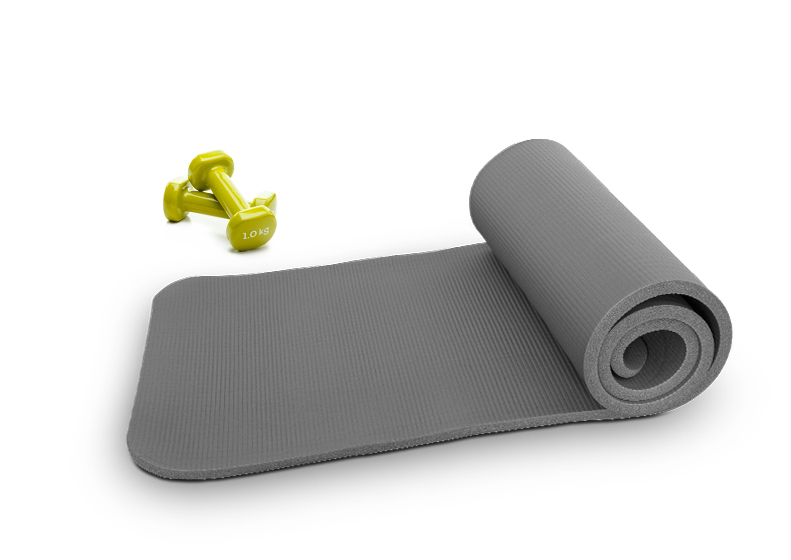
Questions &
RéponsesQuelles sont les activités proposées dans les clubs Fitness Park ?
Quelles sont les offres proposées dans les salles de sport Fitness Park ?
Est-il possible de pratiquer la boxe dans le club Fitness Park de Roubaix ?
Est-il possible d'accèder à l'ensemble des salles Fitness Park de France ?
Pourquoi s’entraîner
chez nous ?
Fitness Park, la marque de fitness préférée des Français*
Un réseau de plus de 260 salles en France et à l'étranger
Espaces Cardio-Training, Musculation libre et guidée
Une communauté de passionnés !
Cage de Cross-Training et accessoires complets
Matériel haut de gamme et connecté
Cours collectifs vidéo exclusifs
Wifi gratuit
* Offre non cumulable valable pour toute souscription à un abonnement classic avec engagement d'un an soit 13 périodes de 4 semaines, hors l'adhésion de 30€ à l'inscription et la participation au renouvellement matériel de 9€ à régler une seule fois.
 Offre spéciale : Les 4 premières semaines à 19€
Offre spéciale : Les 4 premières semaines à 19€




